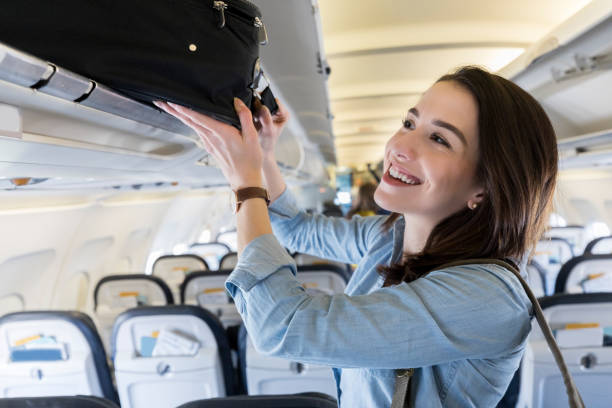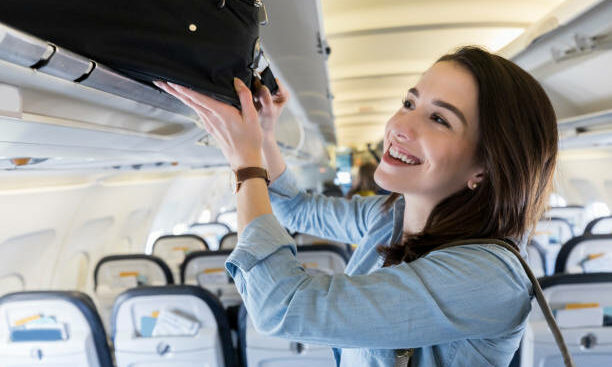
Planning for uncertainty, starting slowly and making the most of each trip is the best way to travel smart, and green, experts say
After months of lockdowns and more recent easing of restrictions, the case for business travel is coming under renewed scrutiny. While many are anxious to get to some level of face-to-face contact with colleagues and customers, organizations are applying a different lens to travel planning, which includes sustainability.
Victoria DeBoon director of sales, SAP Concur Canada in Vancouver, says its latest Global Travel Survey indicates that business travellers are ready to hit the road again—and for good reason.
According to the survey, 96 per cent of respondents said they are willing to travel over the next 12 months. In addition, 80 per cent said they worried that the inability to increase travel affects their ability to build new relationships, sign new deals, renew contracts and run their business.
EXPECTING UNCERTAINTY
DeBoon says the key issue moving forward is coping with the uncertainty. “Travel decisions are very much based on risk factors for the organizations and the individual traveller. Plans are being put in place with the understanding that things can change based on guidelines, along with concerns over the comfort and safety of staff.”
Those making the travel plans are being much more vigilant about cancellation policies and potential penalties for flights, cars and hotels, she notes. “A main question is how to pivot without it having a financial impact,” she says.
Unquestionably, employee health and safety are top priorities, adds DeBoon. To that end, they are looking at more established hotels with clear policies around social distancing, easy to access eating areas and the local risk factors.
STARTING CLOSE TO HOME
For the most part, travel plans are very much a staggered approach, with domestic travel first, U.S. second and other international destinations further down the road, notes DeBoon.
At Xperigo, a roadside assistance management service, plans are also to ease into travel within Canada (mainly between its Toronto and Moncton sites), with possible expansion into the U.S. in time. International travel beyond the U.S. would be a third phase, says Shelly Cohen-Bhamani, vice-president, talent and culture.
“People are keen to do it, but they’re also being cautious,” she says. “The number one priority is that team members have to be comfortable and want to do it. That’s why we haven’t put a travel budget in place until 2022.”
BUILDING IN FLEXIBILITY
Carré Le Page, VP marketing for Flight Centre Travel Group’s corporate division in Vancouver, says that outside of industries, such as mining and manufacturing where business travel continued during the pandemic, interest on the part of other sectors is coming back slowly. “Companies have travellers that want to get out and see clients. The key is the ability to be flexible in uncertain times,” he says.
SAP Concur’s survey confirms this. More the 70 per cent of respondents indicated that flexibility, such as choosing your transportation, lodging and travel dates, is now the most pressing need for business travelers, ahead of vaccination-related demands at 62 per cent.
TRAVELLING SMART
Darrell Jensen, managing partner, risk, at EY Canada, says the travel bans provided an important boost to the organization’s carbon emission reduction targets that will impact travel plans moving forward. “For 2021, we were carbon negative. Our overall plan is to reduce business travel emissions by 35 per cent against our fiscal 2019 baseline,” he says.
As the prospect of travel returns, Jensen says their sustainability goal will continue to play an integral part in their travel decisions. “We need to engage in smart travel decisions that make sense,” he says. “We encourage people to think about strategies such as seeing other clients or networking with coworkers in the area they are visiting at the same time.”
Clients are definitely on board, he adds. “Often we find their strategies and views are aligned with ours,” he says. “The mindsets of people have changed. Our surveys demonstrate they want to do things differently moving forward.”
He adds that domestic and international travel has started to return, albeit slowly. “Now the focus is on whether these trips need to take place.”
Author: Denise Deveau
Source: CPACanada
